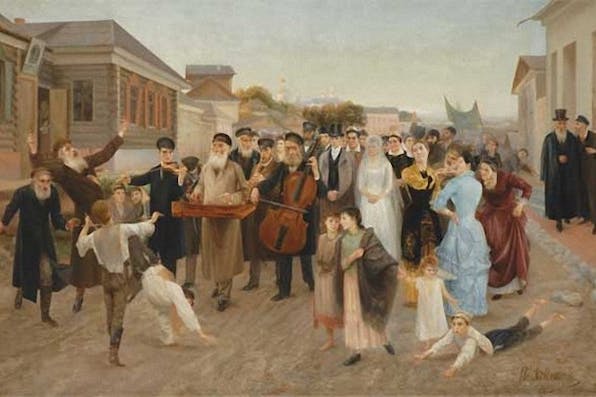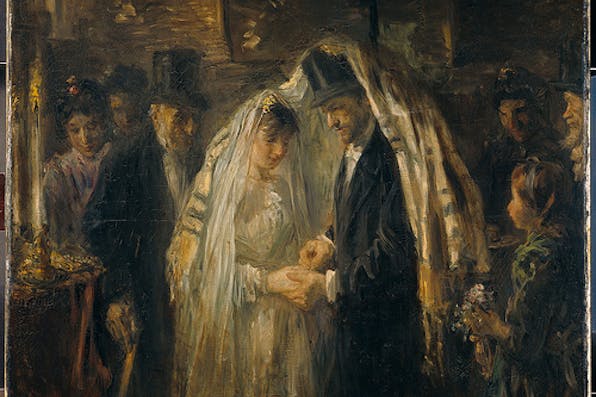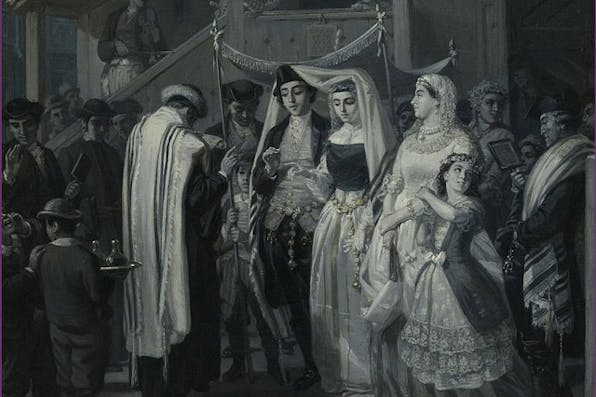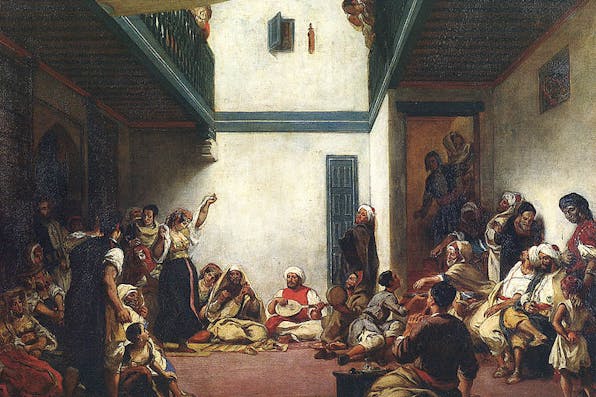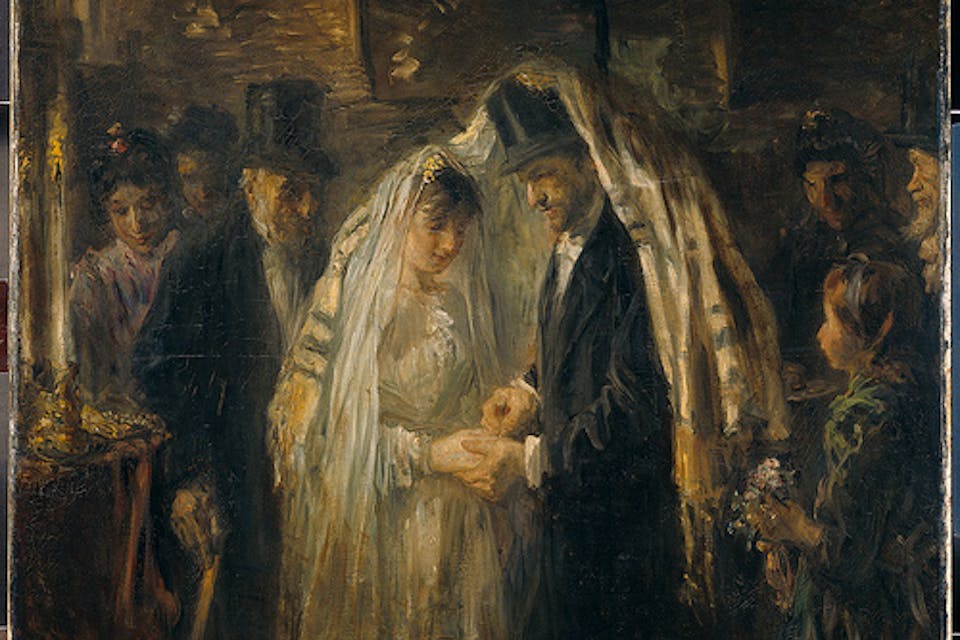
February 17, 2014
Is Jewish Marriage Unique?
Or is it more similar to Christian marriage than Sam Schulman suggests?
In “Same-Sex Marriage and the Jews,” Sam Schulman offers an insightful, erudite account of how non-Orthodox Jewish communities got from Leviticus 18 to the Kiddushin Service for Same Gender Couples—or, you might say, from Sinai to Stonewall. Still more compelling is his take on the quiet but devastating revolution this has worked in the Jewish view of marriage. Here I want to examine two of his claims in particular: that the revolution’s roots are Christian, and that Judaism in particular is paying the bill.
The first point misreads Christian theology, and the second amputates Schulman’s own argument against Jewish same-sex marriage—an argument whose premises weigh equally against any society’s redefinition of marriage. I submit that Judaism’s insights into the social value of marriage are general, not specific, and the same is true of the harms of redefining it. That redefinition repudiates ideas of marriage common to Christians and Jews.
What makes Jewish marriage unique? Only among Jews, Schulman says, does marriage have the function and “inner significance” of “generating a future for both Judaism and the Jewish people.” A Jewish spouse takes responsibility for the destiny of the entire Jewish people as—here he quotes the theologian Eliezer Berkovits—“a link in the generations, a child who receives and a parent who transmits with the intention” of perpetuating God’s people. Marriage among Jews exists for a purpose, Schulman says: “the transmission of the life of Judaism.”
